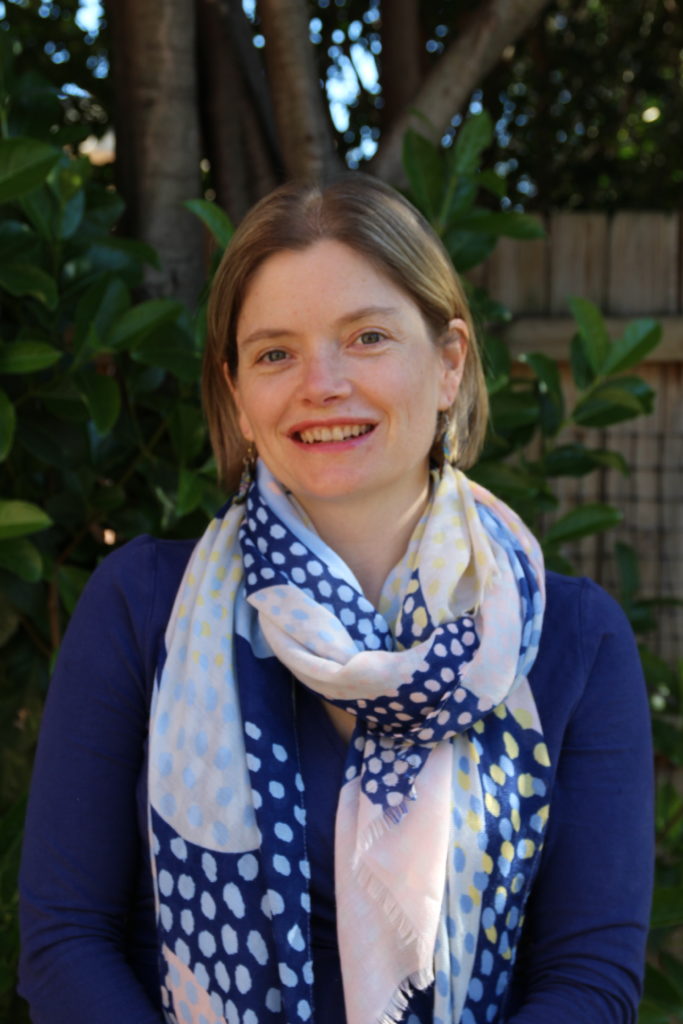 In the yarning chair on ‘Talk the Walk’ this week is Emma Searle, a senior social worker at the Royal Hospital for Women in Sydney. Emma works within a continuity of care model of maternal health social work, where Aboriginal women can meet the same group of midwives from pregnancy to follow up post-natal care.
In the yarning chair on ‘Talk the Walk’ this week is Emma Searle, a senior social worker at the Royal Hospital for Women in Sydney. Emma works within a continuity of care model of maternal health social work, where Aboriginal women can meet the same group of midwives from pregnancy to follow up post-natal care.
There is more to this interview than just reflecting on the daily challenges of working with vulnerable Indigenous women. Emma invites us to enter into a conversation about the uncomfortable realities of being a non-Indigenous social worker, in a world where Indigenous child removal is high and white professionals make the decisions about what is best for Indigenous families. Working within a system with a history of oppression and racism, Emma set out to investigate how other countries were doing culturally competent practice.
On episode 25 of ‘Talk the Walk’ we explore:
- The incredibly busy role of a social worker in a maternal and infant health service
- The factors that impact on the likelihood of Aboriginal and Torres Strait Islander women reaching out for support, where they have Child Protection closely scrutinising them
- The stigma that comes with being a social worker; the challenge this poses for engaging vulnerable Aboriginal women; and how Emma overcomes these hurdles
- Addressing the over representation of non-Indigenous health and welfare professionals making decisions about Indigenous people’s lives and the alarming rate of children removal
- Emma’s key findings from her Churchill Fellowship exploring the needs and experiences of Indigenous women in Canada, the USA and New Zealand
- What a difference it can make to Aboriginal families by acknowledging and celebrating language and culture
- Best practice success stories in maternal social work overseas including ‘bicultural practice’ in New Zealand
- How Emma is using her learnings to improve services for Aboriginal women here in Australia
- The essential skill of being able to have ‘difficult conversations’
- Visiting the early influences on Emma’s life and the values and beliefs that she connected with in the profession of social work
- What Emma’s thinks is the superpower unique to social work
- The people and movements that have shaped Emma’s social work practice
- Emma’s sparkling moments in maternal health social work since returning to Australia
- Emma’s interest in Brene Brown’s work on shame and vulnerability
- An invitation to join the conversation on culturally competent practice
To listen to this episode simply click on the Play button below or listen via the Stitcher App for iOS, Android, Nook and iPad.

You can also subscribe to podcast and blog updates via email from the Menu on the Home Page.
Don’t forget, if you or someone you know would make a great interview on ‘Talk the Walk’, send us an email from the Contact Page.
Things to follow up after the episode
Read another great story about the Malabar Midwives service as featured in the Sydney Morning Herald.
Bi-cultural practice as it relates to Social Work – A summary by the ANZASW
To explore Bi-Cultural practice and the concepts of White shame and guilt read, A Pākehā journey towards bicultural practice
through guilt, shame, identity and hope
Emma’s favourite video from Reconciliation Australia that references our shared story and the importance of acknowledging the past as part of building a future together.
Brene Brown – TED talks, books and writings
Podcast: Play in new window | Download
Subscribe: RSS

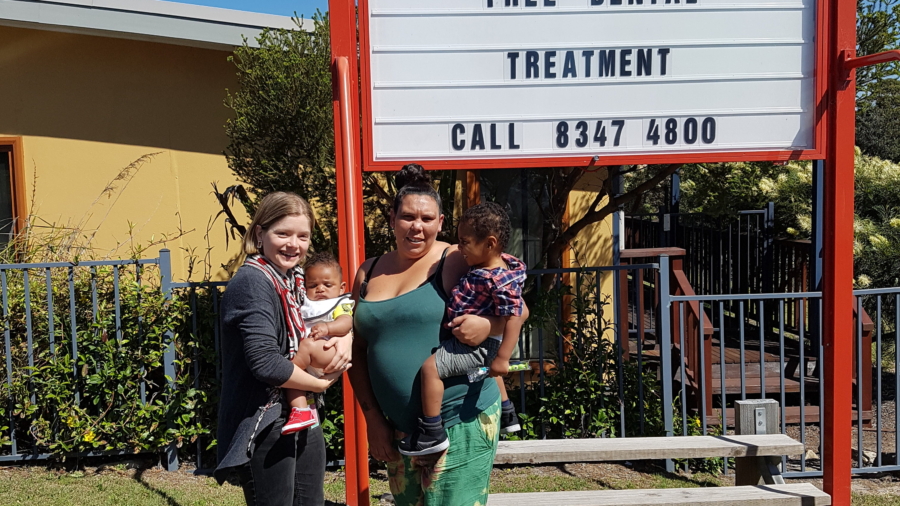
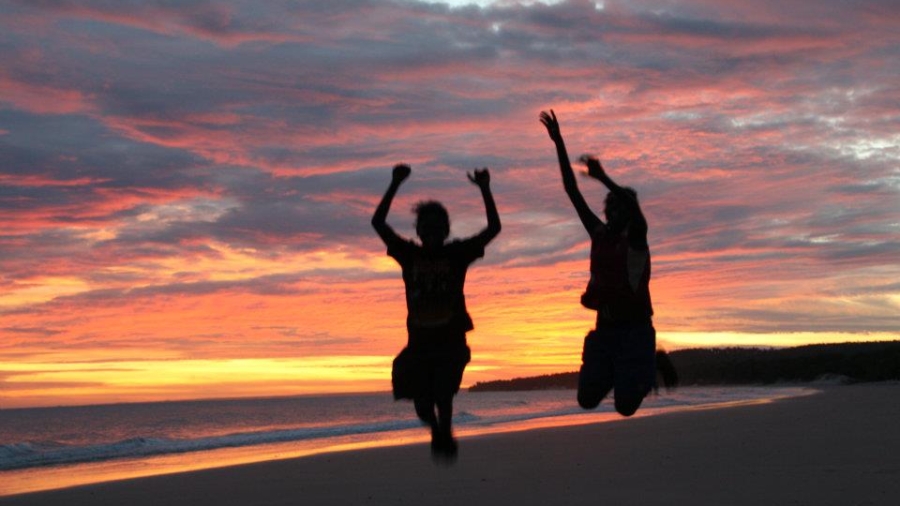
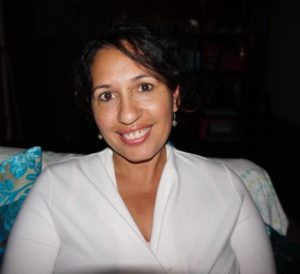 What a delight it was to be speaking with Tileah Drahm-Butler this week on ‘Talk the Walk’, about her journey into narrative therapy and her approach to working with Aboriginal and Torres Strait Islander people. Tileah’s passion for social work and giving Aboriginal people a voice shines through in this conversation. We also gain insight into the woman behind the work and the long list of inspiring women in her family that stand behind her.
What a delight it was to be speaking with Tileah Drahm-Butler this week on ‘Talk the Walk’, about her journey into narrative therapy and her approach to working with Aboriginal and Torres Strait Islander people. Tileah’s passion for social work and giving Aboriginal people a voice shines through in this conversation. We also gain insight into the woman behind the work and the long list of inspiring women in her family that stand behind her.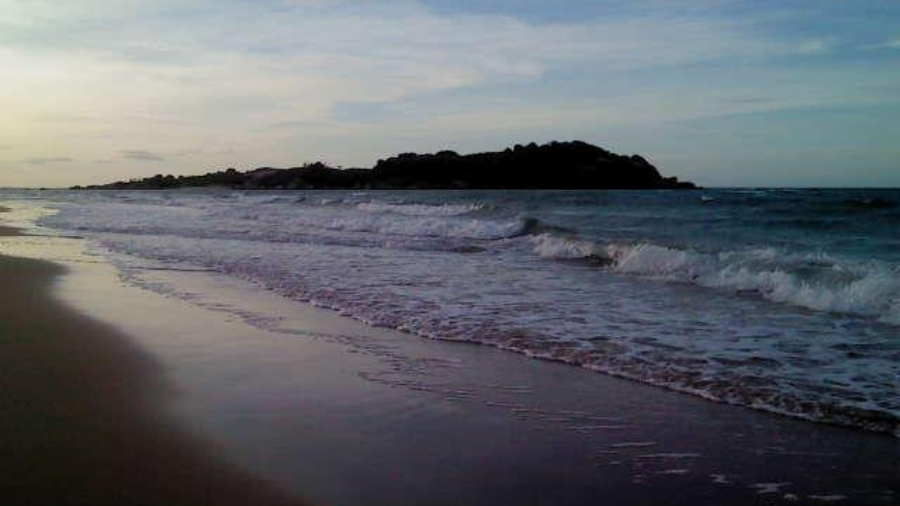
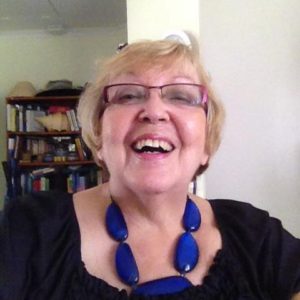 In Episode 8 of ‘Talk the Walk’ I speak with Lyn Whitford.
In Episode 8 of ‘Talk the Walk’ I speak with Lyn Whitford.